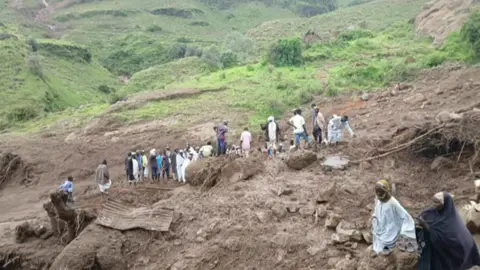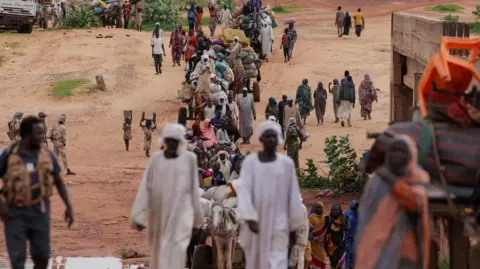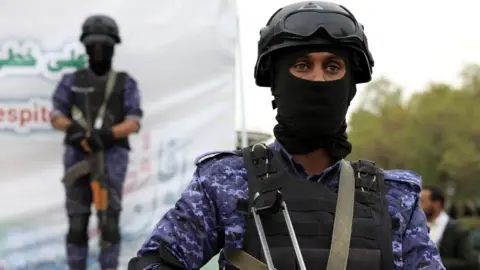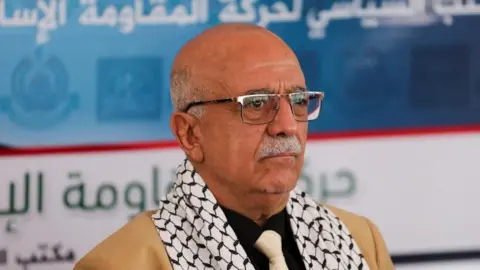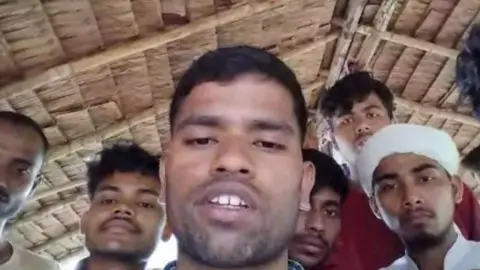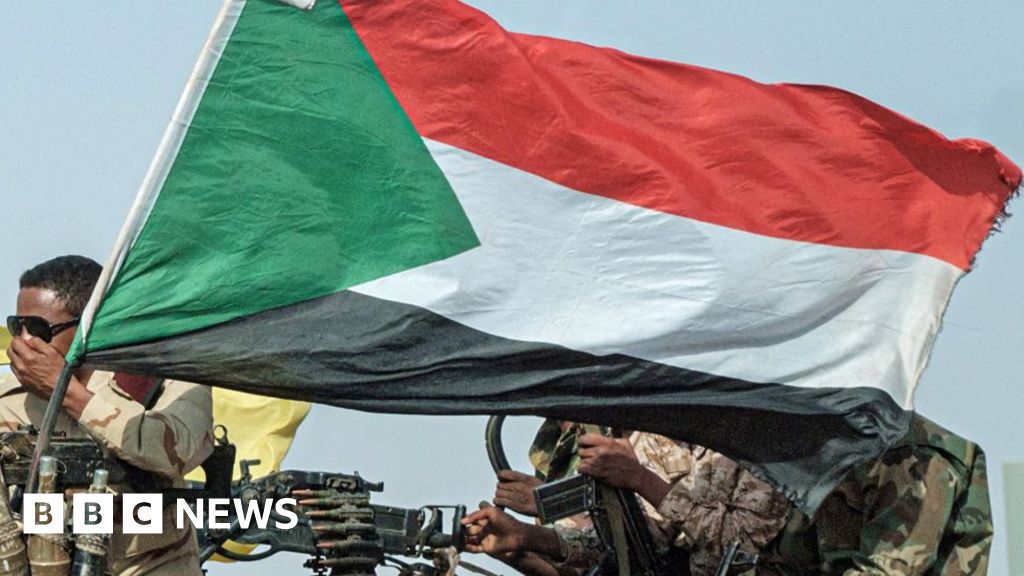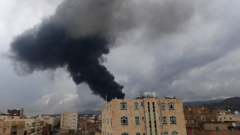Tens of thousands of civilians in Myanmar have taken up arms against the military junta since the coup in 2021. Enlisting in existing armed groups or forming new ones, these individuals are engaged in an escalating civil war. As of 2023, rebels have reported major victories over the junta, leading to the detention of a substantial number of enemy combatants.
According to People’s Goal, a nonprofit organization assisting defectors from the army, rebel forces are currently holding around 15,000 prisoners of war. These captives include high-ranking military officers and relatives of soldiers who have been living on military bases that were overrun by resistance forces. While many family members of soldiers have been released, the treatment of remaining captives is complex and varied.
Rebels face significant challenges in managing the care and housing of these prisoners, operating under limited resources. They maintain makeshift prison camps scattered throughout territories they control. These camps range in size, with some housing dozens of prisoners and others accommodating hundreds. In many cases, prisoners are required to contribute to food production and preparation, reflecting the resource constraints on the rebel groups.
This unfolding situation raises pressing questions about the future of Myanmar amidst a prolonged civil conflict and the humanitarian implications surrounding those captured in the violence. As the conflict continues, the fate of these detainees remains a crucial concern for both local and international observers.
According to People’s Goal, a nonprofit organization assisting defectors from the army, rebel forces are currently holding around 15,000 prisoners of war. These captives include high-ranking military officers and relatives of soldiers who have been living on military bases that were overrun by resistance forces. While many family members of soldiers have been released, the treatment of remaining captives is complex and varied.
Rebels face significant challenges in managing the care and housing of these prisoners, operating under limited resources. They maintain makeshift prison camps scattered throughout territories they control. These camps range in size, with some housing dozens of prisoners and others accommodating hundreds. In many cases, prisoners are required to contribute to food production and preparation, reflecting the resource constraints on the rebel groups.
This unfolding situation raises pressing questions about the future of Myanmar amidst a prolonged civil conflict and the humanitarian implications surrounding those captured in the violence. As the conflict continues, the fate of these detainees remains a crucial concern for both local and international observers.








